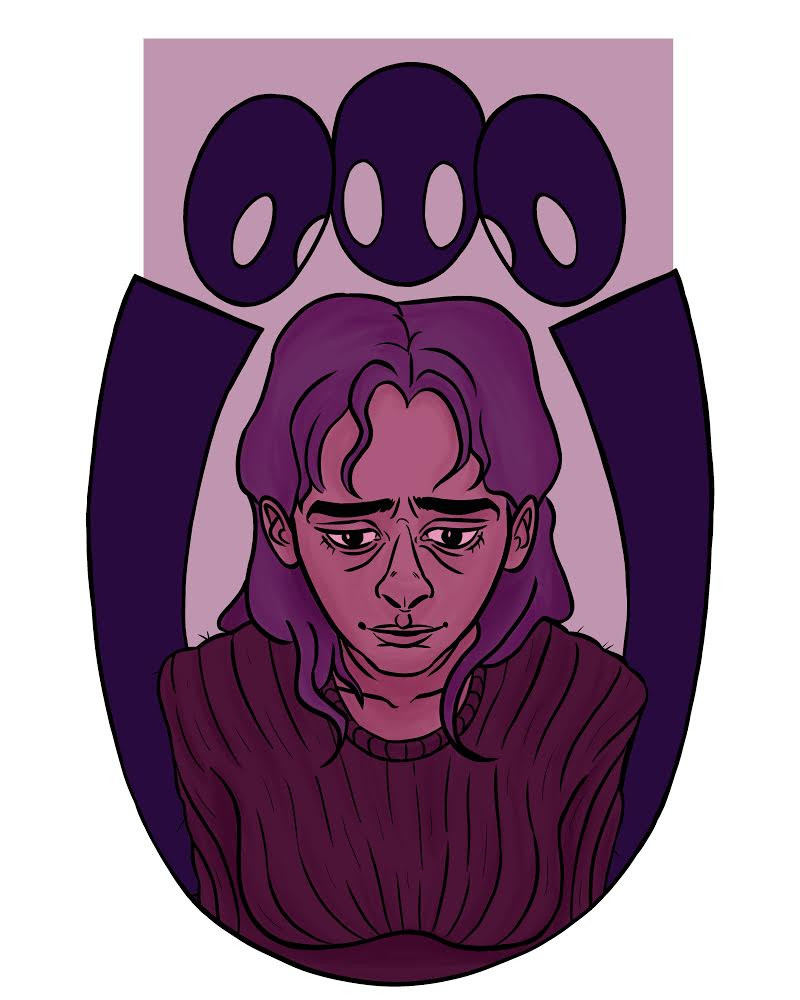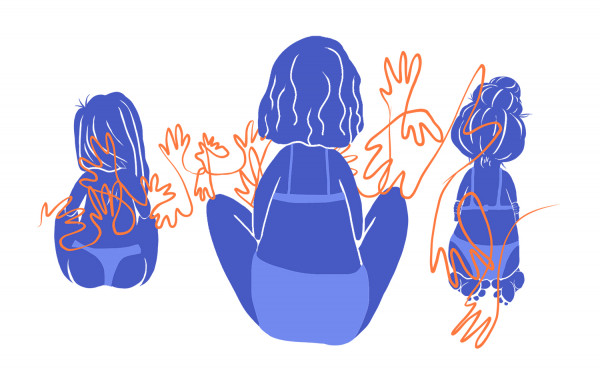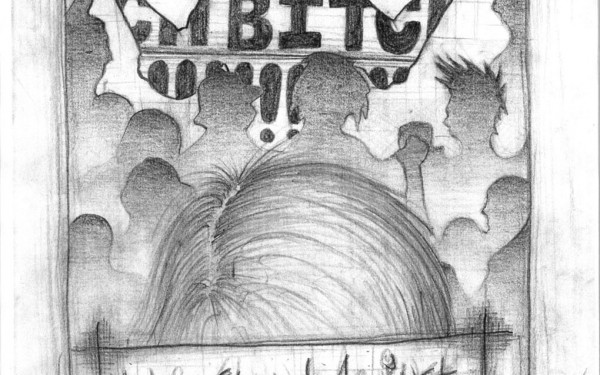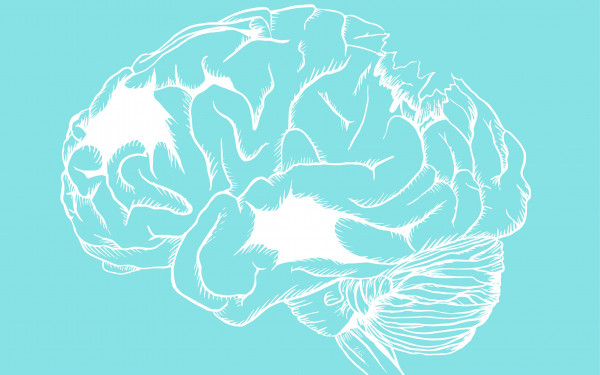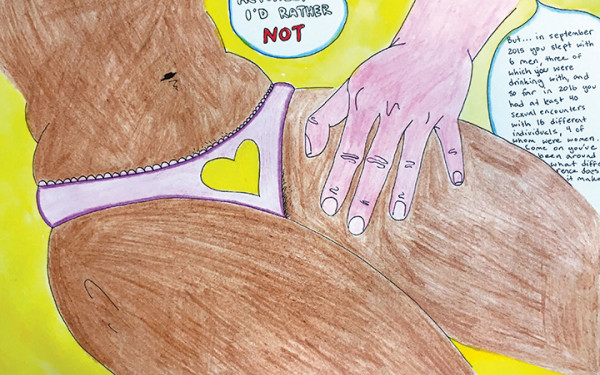Victim Blaming: Why Do We Still Do It?
What Psychology Says About the Dark Tendency of Comment-Section Victim Blaming
The awful reality that the world is not fair results in a lot of anxiety and uncertainty. This leads our minds to find something to hold on to, something to blame in order to make sense of the world we live in.
In today’s world, victim blaming occurs in various forms—ultimately all pointing towards the survivor being held responsible for the crime or wrongful act they have endured.
Although there have been several attempts to raise awareness and sensitivity to the behaviour, such as actions taken in light of the #MeToo movement or policies adopted by social media companies within their platforms, we still have a long way to go.
The rise of #MeToo was subsequently met with a rise in discourse that blamed Weinstein’s victims for what happened, labelling them as liars, or simply portraying them as imperfect victims.
In 2020, victim blaming is a crisis that can provoke survivors online and in person, resulting in it being a cause for mental health issues and even suicides.
Also unfortunate is that the problem is often overlooked. While social media platforms are trying to establish ways to monitor offensive comments, this doesn’t necessarily tackle victim blaming. This is because it can often take subtle forms, not limited to easily identifiable words. It can sometimes take a more passive-aggressive path that plants seeds of doubt in the survivor’s mind.
There are also language barriers and other technical difficulties that are a barrier to identifying victim-blaming behaviour.
To understand victim blaming from a psychological perspective, I reached out to Lindsay Sparks, a social psychology professor at Concordia University with experience working at the Montreal Sexual Assault Centre.
Sparks explained that victim blaming is a result of our “belief in a just world.” This describes a need to believe that good things happen to good people and bad things happen to bad people.
What this shows is a human desire for some sort of equilibrium that justifies horrible experiences, bringing out a dark and selfish side in many people.
If this is the way we cope to maintain belief in a “just world,” what about the survivors? How can they maintain their belief in a just world?
During Sparks’s training period at SARC, one of the first things she was taught was when addressing victims to refer to them as survivors and to tell them “I believe you.”
Often, survivors expect to be met with skepticism, apprehension, and wariness, which plants seeds of self-doubt.
Every step of the journey they take to stand up for themselves, they’re constantly thrown questions like “What were you wearing?”
“Was it late at night?”
“Were you drunk?”
“How many drinks?”
“Maybe you were flirty?”
If they’re not questioned like this, they’re met with unjustifiable excuses such as “Boys will be boys,” or “It’s a strong urge for men,” or “Maybe that’s not what happened,” and even “It was just one slap.”
The list is, unfortunately, endless.
The fear of whether or not people will believe them and wondering how people will perceive and treat them contributes to survivors being hesitant to report and share their stories at all.
Sparks explained that it’s hard for survivors to believe in a just world, but that it’s important they don’t assume responsibility for what happened to them.
“Humans have a natural tendency to manipulate past events and reflect what preceded it,” said Sparks. “They start indulging in counterfactual reasoning, thinking about what they could have done differently in order to change the outcome.” She explained that this functions to internalize blame.
“If they can dissociate, the survivor can gradually stop internalizing ‘this thing happened to me because I’m a bad person,’ and acknowledge this was a random event that has nothing to do with who they are as a person,” she said.
“Sexual assault is a very humiliating and dehumanizing act against someone. Attached to that shame is a lot of self-blame, because in our culture we tend to blame victims in general.” —Beverly Engel
In Canada as elsewhere, the majority of sexual assaults are not reported, with only about a third of these leading to an arrest in 2017 according to the Department of Justice. Despite the staggering statistics, a large part of our society remains skeptical of survivors, adding to the effects that the brutal acts survivors have endured.
The media in this case is a boon and a curse, giving survivors a platform through which to come forward, but also giving society the chance to voice their apprehension towards them, often providing sympathy to perpetrators.
A good example is Kobe Bryant, the famous basketball player who recently died in a helicopter crash. The day of his death and the weeks that followed, he was lionized across social media and news channels, but some women pointed out that glorifying the star while ignoring the sexual assault allegations against him was a disservice to sexual assault survivors.
Moral philosopher Kate Manne’s book, Down Girl: The Logic of Misogyny, talks about how male perpetrators are often excused and survivors are often blamed. She refers to ‘himpathy,’ excessive sympathy sometimes shown to male perpetrators of sexual violence.
Another example is that of Brock Turner, a Stanford student and swimming champion who was sentenced to six months of imprisonment and three years probation for raping a 23-year-old woman, Chanel Miller, behind a dumpster while she was unconscious. Many attributed his lenient sentence to his privileged white background.
Miller, on the other hand, suffered profound victim blaming as a result of the high-profile case, no doubt adding to her trauma.
Although as a society we have moved forward compared to how things used to be even 10 years ago, we still have a long way to go.
There’s so much to learn and unlearn in order to move forward and to give survivors the will and ability to come forward without the fear of revictimization, retaliation from society, distortion of allegations, and having their experience become a part of their identity.
“Victims are often too ashamed to come forward,” said registered psychotherapist Beverly Engel.
“Sexual assault is a very humiliating and dehumanizing act against someone. Attached to that shame is a lot of self-blame, because in our culture we tend to blame victims in general.”
Given these statistics and the insight of how traumatizing these incidents can be for anyone, regardless of gender, we should be supportive, compassionate, and extremely considerate of anyone who chooses to share their story or report their experience.
We often focus on the impact these cases have on women and forget that a lot of men and transgender individuals also face such experiences.
We must work on these systemic issues that are so deeply rooted within our cultures and communities.
Victim blaming doesn’t only target survivors of sexual assault but also victims of domestic violence, robbery, and suicide.
We must learn to value the experiences of survivors regardless of the circumstances.
Instead of engaging in victim blaming, we need to understand that it is imperative to give survivors the time they need to heal from their experience and allow them to grieve, to be angry, upset, to feel whatever they need to feel to move forward.
It’s easy to point fingers and have someone to blame just to soothe our need to believe in a just and fair world, but belittling survivors’ experiences and planting seeds of doubt does nothing but cause more pain to the survivor.
We must give survivors a chance to express themselves and the space to acknowledge that it is not their responsibility to come forward either, that their power was never taken away by their experience and will not be taken away by society.
We must, as a society, begin to remind survivors that they are not defined by what happened to them.
We should start to listen to them and empower them by supporting them in every possible way without doubt and without hesitation.
Correction: A previous version of this article misidentified Lindsay Sparks as having worked at Concordia’s SARC. Sparks’ experience was actually with the Montreal Sexual Assault Centre. Further, the previous version misidentified Concordia’s Sexual Assault Resource Centre as the Sexual Assault Research Centre. The Link regrets these errors.

